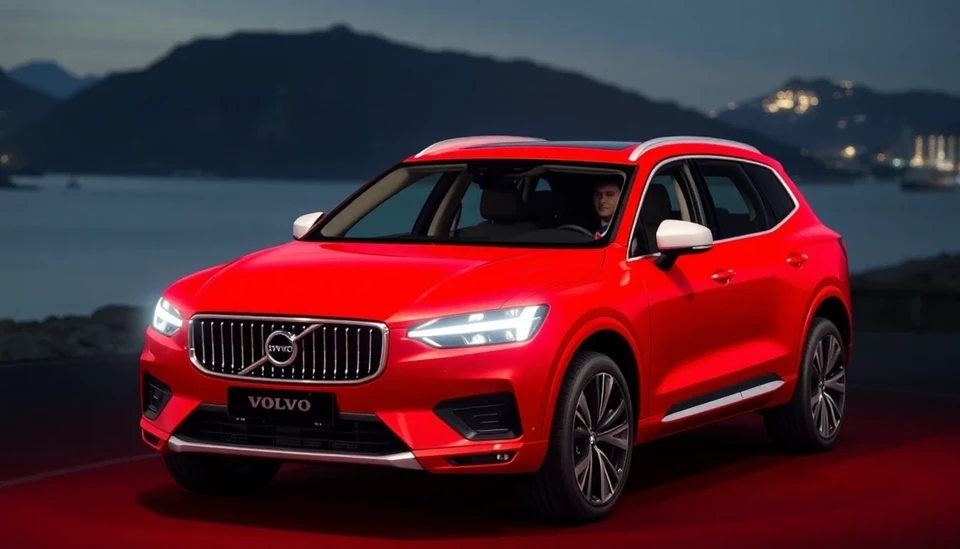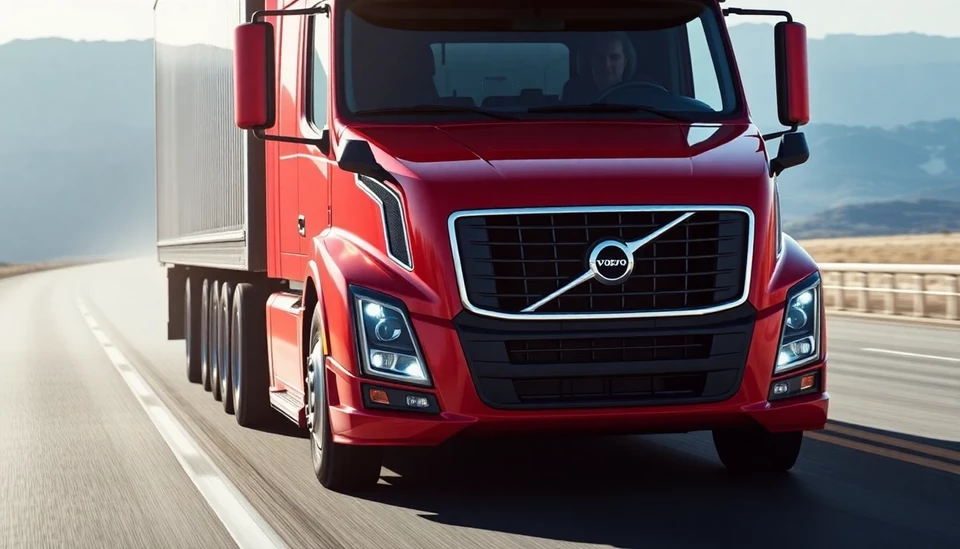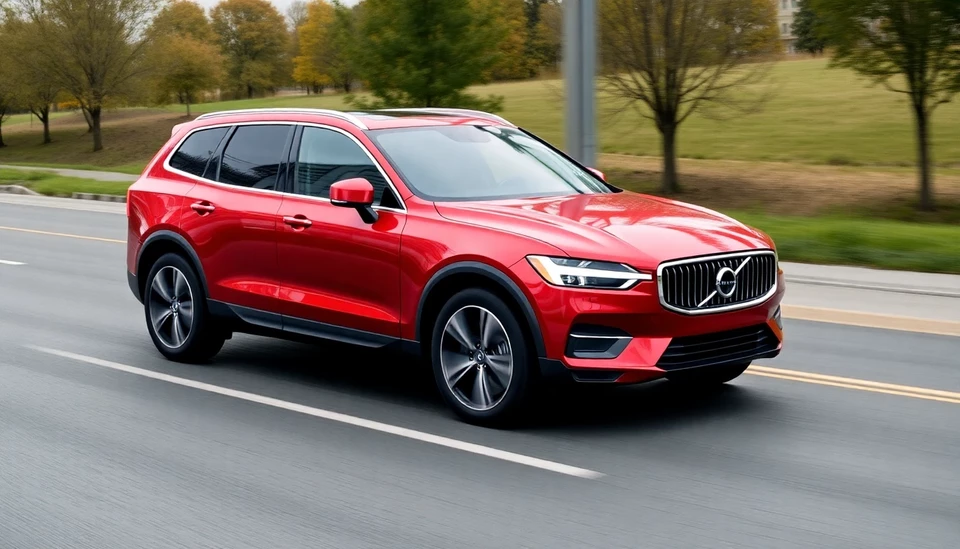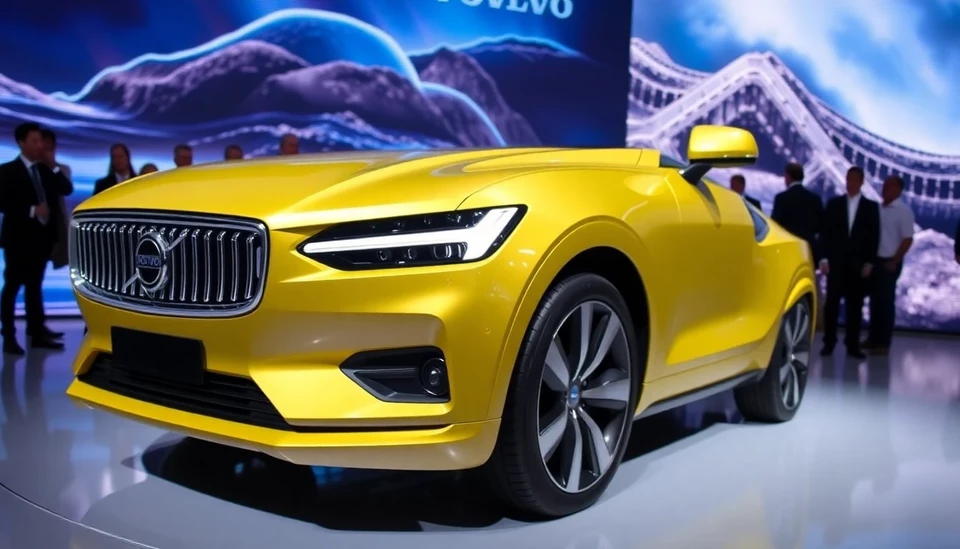
In a significant turn of events, billionaire Li Shufu, the owner of Volvo, is facing increasing pressure to unveil an aggressive new growth plan for the Swedish automotive giant. As automakers worldwide navigate a challenging landscape fueled by technological advancements, shifting consumer preferences, and the escalating urgency surrounding climate change, Volvo finds itself at a crucial juncture that could define its future direction.
Li Shufu, who acquired Volvo from Ford in 2010, has been instrumental in steering the company's vision towards electrification and sustainability. However, industry analysts and investors are signaling that the time is ripe for a more robust roadmap as competitors ramp up their electric vehicle (EV) offerings and refine their business models. The push for clarity and ambition comes amid growing competition from both established luxury car manufacturers and new entrants that are rapidly gaining market share.
Volvo's current strategies, which include a commitment to electrify its entire lineup by 2030 and to become a fully climate-neutral company by 2040, have been commendable. Nevertheless, there are concerns that without a clear, detailed growth plan, the company may falter in keeping pace with market leaders such as Tesla, which continues to set the bar for innovation and customer engagement in the electric mobility sector.
According to sources familiar with the matter, internal discussions have intensified, with stakeholders advocating for a more aggressive stance aimed at expanding Volvo's product portfolio and enhancing its market presence. Analysts suggest that the company should prioritize not only electric vehicles but also explore advancements in autonomous driving technology, connectivity solutions, and alternative energy sources to capture an increasingly eco-conscious consumer base.
Li’s leadership has so far focused heavily on brand integrity and ethical manufacturing, which resonates with a significant segment of the market. However, the limitations of these values may become apparent if Volvo fails to execute on market demands for rapidly evolving technology and features. The mounting pressure is expected to culminate in a strategic session between Li and key executives to reevaluate and potentially recalibrate Volvo's growth strategy.
The clock is ticking for Volvo. As traditional automakers hastily shift gears toward electric and hybrid models, the urgency for an actionable strategy is palpable. Analysts warn that any slack in executing an innovative growth plan could threaten Volvo’s competitive edge, especially as governments across the globe implement stricter emissions regulations and incentivize the uptake of green vehicles.
Looking ahead, Volvo seemingly has a choice: either to reinforce its commitment to sustainability and innovation or risk becoming overshadowed by competitors that are acutely aware of the changing tides in the automotive industry. Stakeholders and consumers alike will be watching closely for the forthcoming announcements from Li Shufu and his team.
As the automotive world continues to evolve, there is no doubt that Volvo’s next steps will be crucial not just for its legacy, but also for the broader narrative of the future of personal transportation.
#Volvo #ElectricVehicles #LiShufu #AutomotiveIndustry #Sustainability #GrowthStrategy #Innovation #ClimateChange
Author: John Harris




